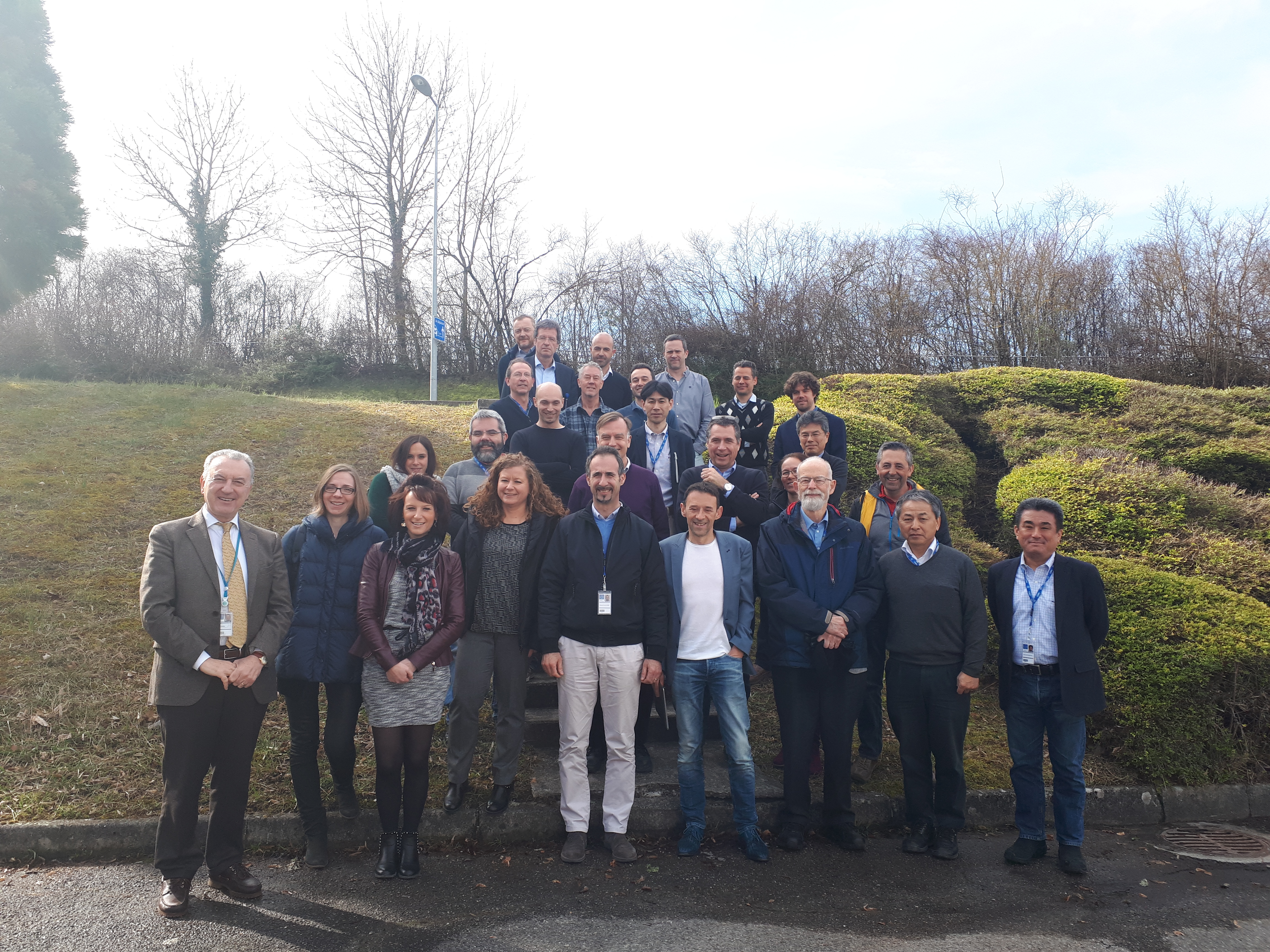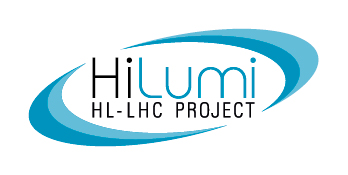HL-LHC is in the final stage of design and prototyping: all technologies for the hardware upgrade must be fully proven by 2020. This review covers three important superconducting magnets for HL-LHC sharing the same basic technology, namely the use of Nb-Ti Rutherford cable. These magnets are designed and manufactured as in-kind contribution for HL-LHC by two different Institutes in collaboration with CERN that will complete integration in a cryo-assembly:
-
MBXF (D1) single aperture dipole cold mass and vertical test at 1.9 K: KEK (Tsukuba, Japan); cryostat by CERN;
-
MBRD (D2) double aperture dipole magnet: INFN (Genova, Italy): cold mass and cryostat by CERN;
CERN will carry out all cryogenic and power test in the final configuration.
The scope of this review is to examine:
-
Magnet requirements and final design status including conductor choice, mechanical structure, field quality, quench protection, cold mass with its interfaces (cryostats, electrical, hydraulic, mechanical, vacuum), integration issues, safety aspects and planning requirements;
-
Strategy for in-kind procurements;
-
Results of model magnets and status of prototype magnets;
-
Strategy for magnet construction and/or procurement and overall production/delivery schedule;
-
Status of production tooling, finalization of design, status and maturity of production procedure definition and QA, tracking and production documentation and information exchange with CERN;
-
Components procurement and preparation status and plans (including superconducting cable);
-
QA/QC and status of documentation;
-
Test plan and acceptance criteria.
Review Panel
Peter Wanderer (BNL, part time, chair), Hélène Felice (CEA), Massimo Sorbi (INFN), Jim Strait (FNAL), Akira Yamamoto (KEK-CERN)
Scientific secretary: Andrea Musso| Ezio Todesco: link person for the review.
Dates and Place: 11 March afternoon, 12 March and 13 March morning (2019) at CERN (Auditorium TE 30-7-018).
Charges: See attached document.

